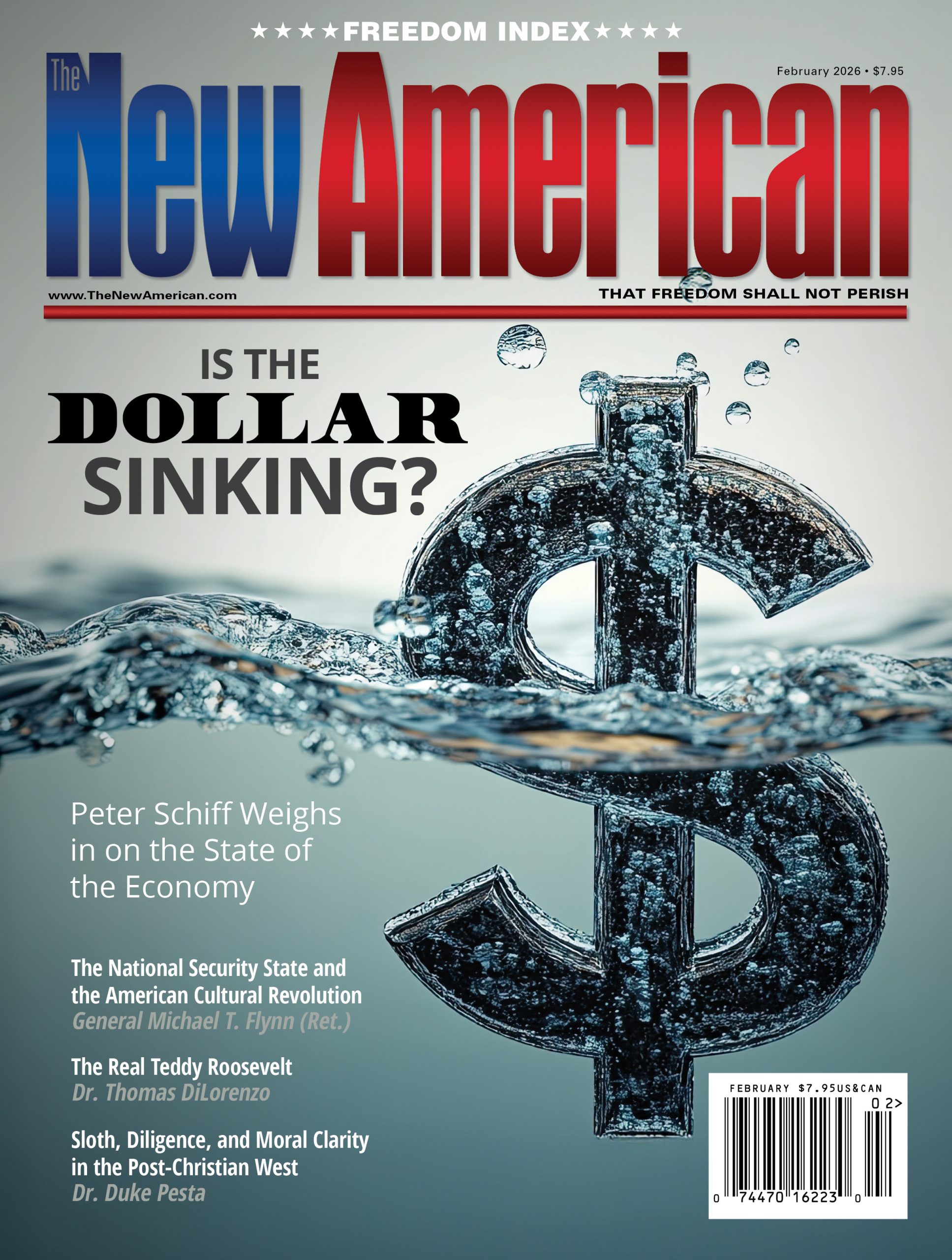
British Doctor Under Investigation for Praying With Patients
A British doctor is under investigation because an atheist organization lodged a hearsay complaint about his praying with a patient.
Dr. Richard Scott, 58, a general practitioner and partner in Bethesda Medical Center in Margate, England, stands accused of having made a “highly vulnerable” patient feel “discomfort at the use of prayer,” according to the complaint, which is based on an account provided to the National Secular Society (NSS) by an alleged acquaintance of the patient. “The acquaintance told the NSS that the patient felt unable to express discomfort and was not able to raise the matter formally or change GP practice,” said the group.
The General Medical Council (GMC) informed Scott on June 7 that it was launching a fitness-to-practice investigation, which could result in Scott’s termination, on the basis of “some information” it had received from the NSS.
Scott told the Telegraph “that he was shocked that a fitness to practice inquiry had been launched by the GMC as opposed to ‘a chat or gentle discussion.’” He should not have been surprised. The GMC censured him in 2012 for discussing his faith and praying with another patient. That complaint, which Scott disputed, was filed by the patient’s mother. The patient, who the GMC’s lawyer said had a “troubled psychological history,” was allowed to testify anonymously and privately, with no opportunity for cross-examination — all but ensuring Scott’s discipline. The NSS was also involved in that case.
“The NSS is obviously gunning for me — and would like me to lose my job because they don’t like me,” Scott told the Telegraph. “Well, to be honest I don’t like them but I am not gunning for them to lose their jobs. They think I am irresponsible and dangerous and I would say the same about them.”
As for the GMC, he said, “They are kowtowing to aggressive secularism.” Scott, who makes no secret of his Christian faith, claims he always asks patients for permission to discuss faith or pray with them, but only after completing his regular medical duties. He estimates that he offers prayer to about one patient out of every 40 he sees.
Scott “maintains that his behavior is vindicated by the World Health Organization, which includes spiritual alongside physical and mental wellbeing, alongside scientific evidence that faith benefits health,” reported the Telegraph.
Even if there were no evidence that faith and prayer have any health benefits, what would be the basis for investigating, let alone punishing, Scott? The Telegraph pegged it well in an editorial the last time Scott was in the GMC’s crosshairs:
The GMC’s excessive reaction is part of a tendency: a number of institutions and companies have, in a misguided attempt to be “multicultural,” banned Christian symbols and overt expressions of faith, something that would never be attempted in the case of other religions. And yet the Christian faith is central to our country’s history and our traditions. Its legacy is visible everywhere. It is right that today, no one expects a person who holds positions of power and responsibility to be a practicing Christian. But we appear to be heading towards an alarming situation in which the profession of faith becomes an active disqualification.
Both cases against Scott have been absurd, failing to meet the rules of evidence. Speaking of the current one, Tim Dieppe of the U.K. advocacy organization Christian Concern told Premier Christian Radio’s News Hour, “It’s kind of crazy that they’re having an investigation on the basis of hearsay of what a patient claimed happened in a conversation. There’s no complaint about, medically, what he’s done or the diagnosis or what the clinic is offering. That is just hearsay about a conversation at this stage. I think that really it should just be dismissed.”
It certainly should, but the GMC, while saying it could not disclose details of an ongoing investigation, told the Telegraph it has “a duty to investigate” if a “complaint or concern raises issues about a doctor’s ability to practice safely or threaten [sic] public confidence.” If the investigation indicates anything, however, it’s that the public should have no confidence in the GMC’s ability to distinguish between genuine charges of malpractice and nuisance complaints grounded in anti-Christian animus.
Photo: andrei_r/iStock/Getty Images Plus




